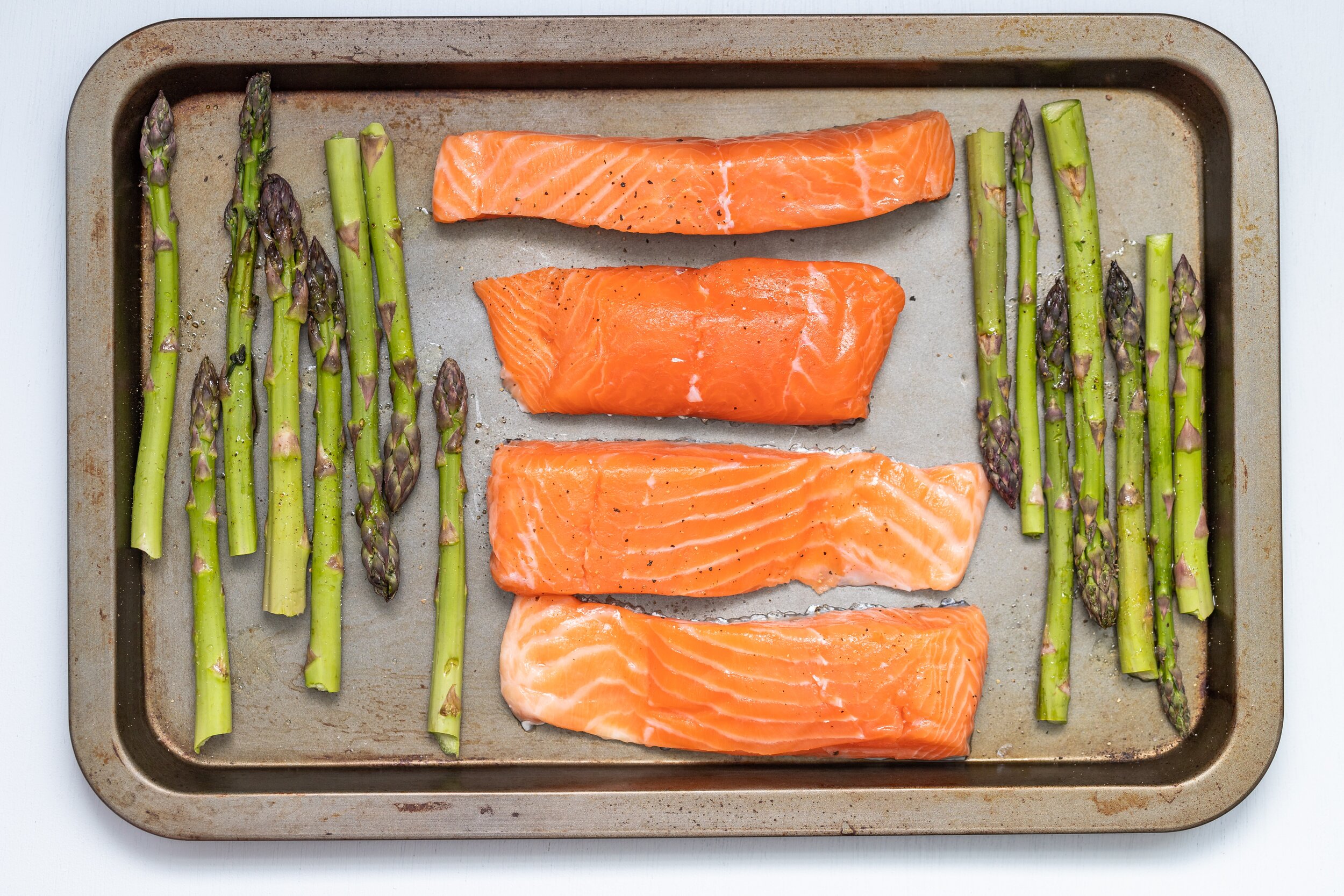How should I change the way I eat when I’m pregnant?
A nutritious and balanced diet is important for your health, especially during pregnancy. While you should always be committed to eating healthy, there are certain vitamins and other nutrients that you will need to increase your intake of when you’re having a baby. If you are pregnant or planning on getting pregnant, consider scheduling an appointment with your doctor or healthcare provider to discuss ways you should be adjusting your diet as well as additional lifestyle modifications that can help ensure a healthy pregnancy.
Here, we’ve outlined some of the ways you may need to change the way you eat (and prepare food) when you are pregnant and have provided some additional resources to assist with planning meals during this special time.
Which Foods Should I Eat when pregnant?
When pregnant or planning on getting pregnant, it generally recommended to achieve a balanced, nutritious diet with plenty of fresh fruits, vegetables, whole grains, low-fat dairy or other calcium-rich products, and healthy sources of protein like fish, eggs, beans, and lean meat. Other good sources of protein include beans, peas, peanut butter, and nuts. Nuts also provide a good source of healthy fats, which are important to a balanced eating plan during pregnancy. Other healthy fats include avocados, seeds, and olive oil.
When choosing fish, it is important to select fish that is very low or low in mercury. You can either consume seafood very low in mercury (such as salmon, cod, shrimp, and canned tuna) two to three times a week or consume up to one serving of fish low in mercury (such as halibut, yellowfin tuna, mahi-mahi, grouper, and bluefish) once per week. You can eat up to one tuna steak per week.
What if I Follow a Specific Diet?
If you adhere to a specific diet please discuss with your physician to learn about any specific additional nutritional needs you may have.
Which foods should I avoid when pregnant?
When you’re pregnant, it’s important that you avoid certain foods that could increase risks for certain infections. These include fish and seafood that are high in mercury (such as King mackerel, swordfish, and shark), caffeine, alcohol, unpasteurized milk or cheese, tobacco, and cannabis.
The safety of cannabis during pregnancy and breastfeeding has not been established. Dr. Mondestin recommends avoiding the use of cannabis products during pregnancy unless absolutely necessary and specifically recommended by your physician.
Precautions to take when preparing food
A woman’s immune system changes when she is pregnant, so it is especially important to pay particular attention to general safety risks during food preparation such as:
Thorough hand washing, with soap and water before handling food.
Fully rinsing fresh fruit and vegetables before consumption.
Fully cooking fish, chicken, beef, eggs, and other meats.
Using separate cutting boards: one strictly for raw meat, poultry, and seafood, and a separate one exclusively for vegetables and bread.
Remembering to be mindful to avoid cross-contamination by thoroughly cleaning all tools, utensils, countertops, and cutting boards that may have come into contact with raw fish or meat.
Confirming your refrigerator is working properly and set cooler than 40 degrees Fahrenheit. Your freezer should be set at 0 degrees Fahrenheit or below.
Not leaving food on the counter or in the sink to thaw as this could put them at risk of growing harmful bacteria. Always thaw frozen foods in the refrigerator in cold water (change water every 30 minutes) or in the microwave directly before cooking.
Additional Resources
If you’re looking for an easy way to plan healthy meals during pregnancy, visit the United States Department of Agriculture’s www.choosemyplate.gov.
If you worry about affording healthy food, there is a government program called The Special Supplemental Nutrition Program for Women, Infants, and Children (WIC) that helps women and their families get the nutrition they need.
You may be eligible for up to $194 a month in benefits ($646 per month if you’re in a family of four), with NJ SNAP, New Jersey’s Food Assistance Program.
For additional nutritional information, you can visit the Academy of Nutrition and Dietetics.
For more information regarding nutrition during pregnancy and pregnancy in general, you can visit The American College of Obstetricians and Gynecologists.
Please note that the information presented here comprises general recommendations that are not intended to replace information that you should discuss with your physician. Different patients have specific needs and it is important to discuss topics like nutrition and diet before, during, and after pregnancy with your medical provider.




